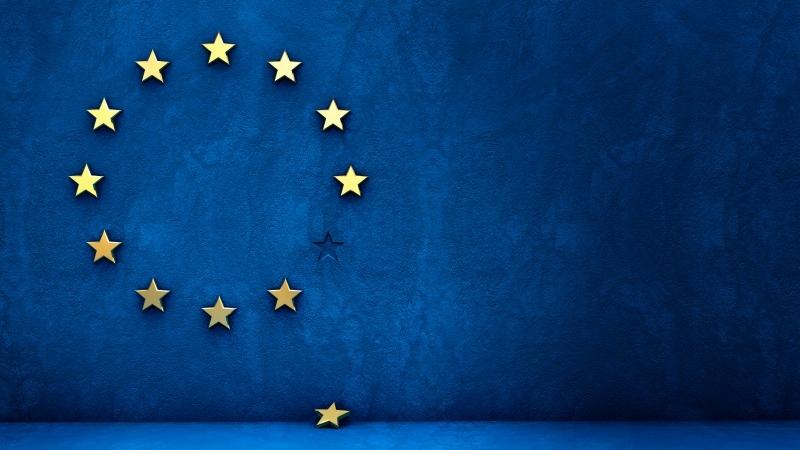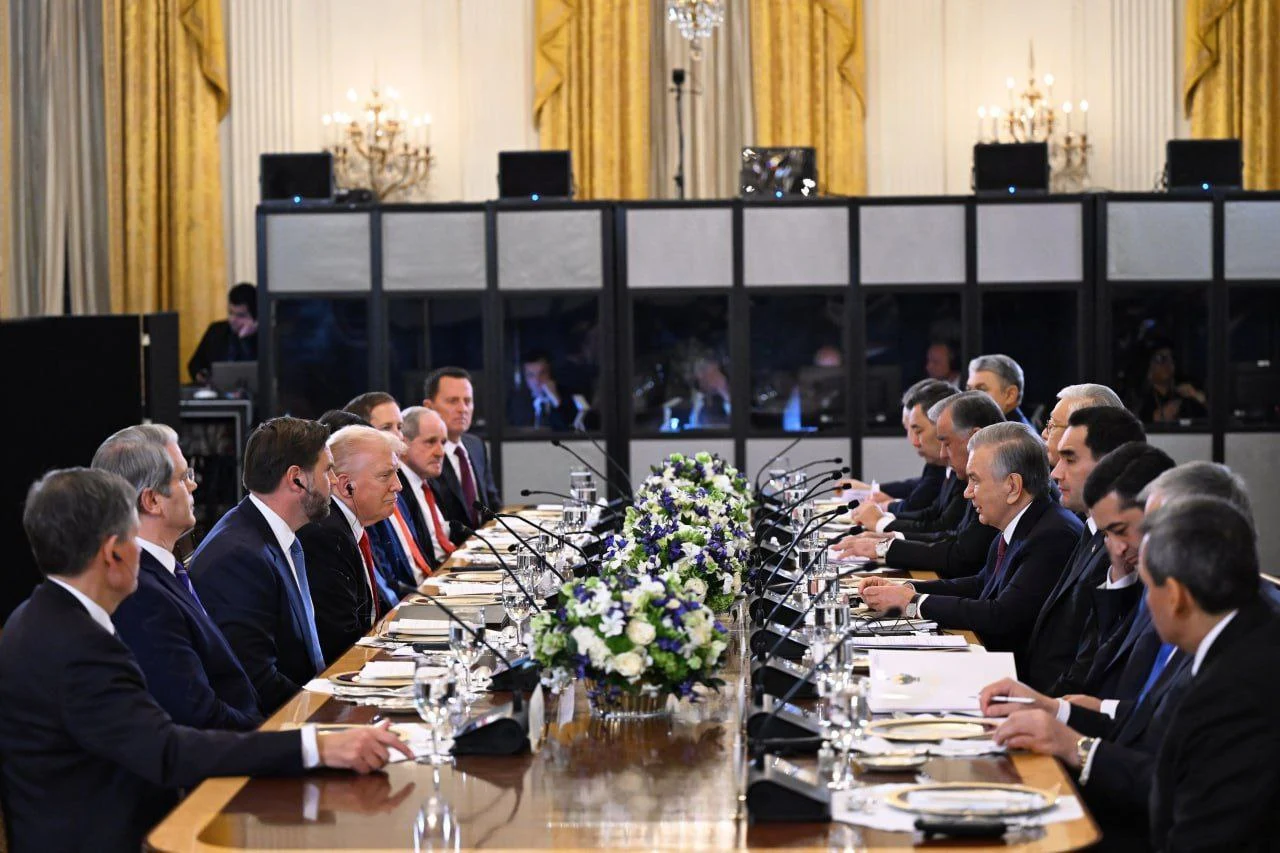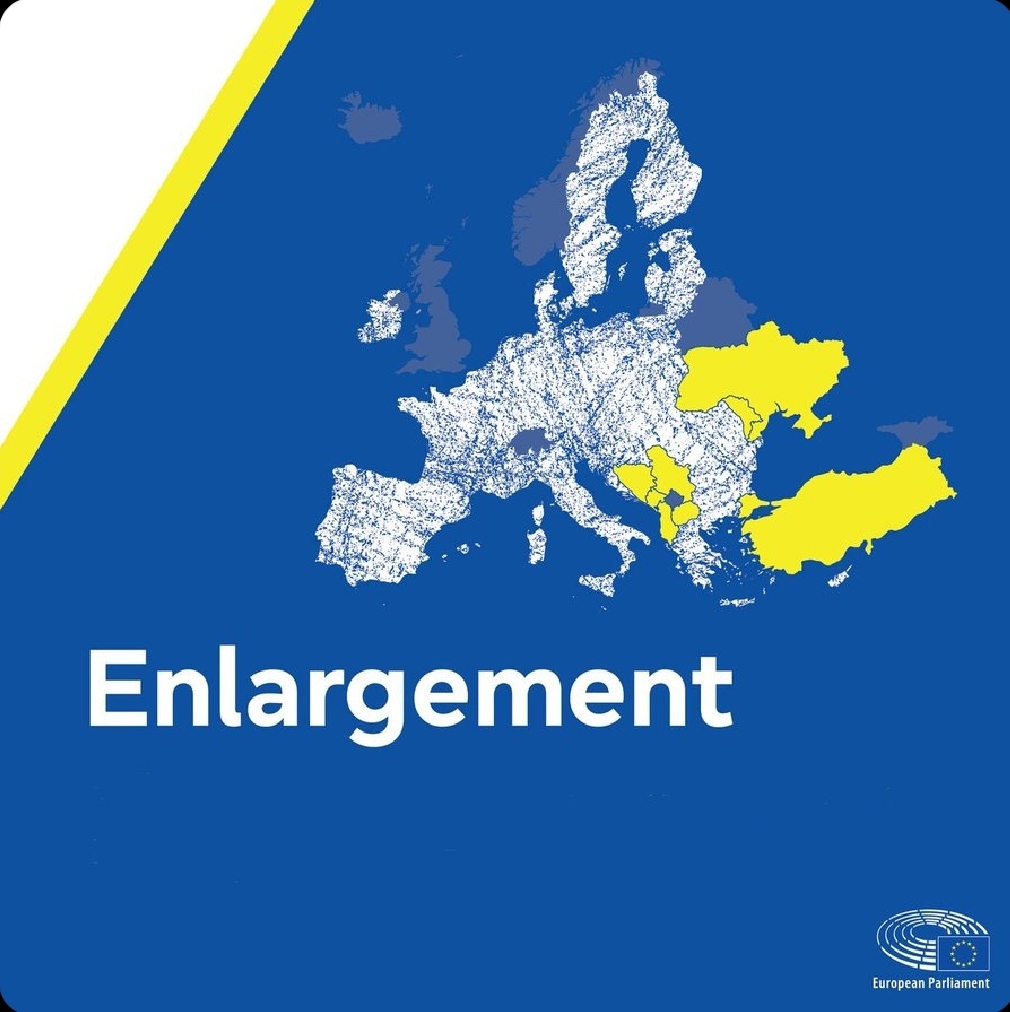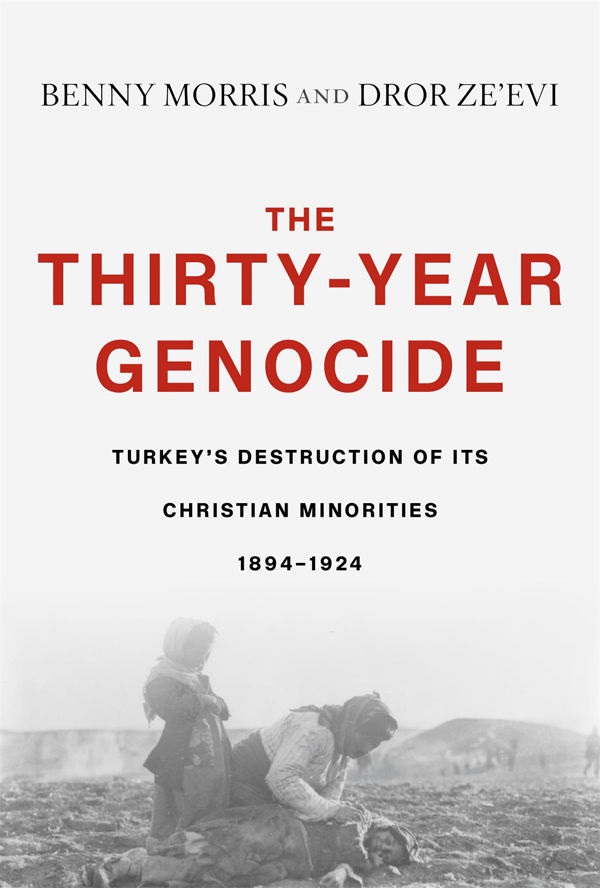
The Conservative Party led by Boris Johnson became the first party and won the majority needed to form a government at the early general elections in the United Kingdom (UK) on December 12, 2019. This success has been the biggest election success since 1987 for the Conservative Party.[1] But this was not the only event of historical importance. Another one was that the Labor Party, led by Jeremy Corbyn, has got the biggest defeat in the elections since 1935. We congratulate Boris Johnson on his victory in the UK elections.
Looking closer to the results of the early elections in the UK, they can be considered as a new vote of approval, for Brexit as agreed by all foreign observers. The British people are determined to support Brexit. If the UK is so determined to leave the European Union (EU), there is a question for the EU to ask itself; “Where did we do wrong so that the UK is led to leave the Union?” It is up to the EU to discuss this issue. At this point, we at the Center for Eurasian Studies, pondering on the causes of Brexit see it worth of dwelling on the mistakes made by the EU against Turkey.
As similar anti-EU opinions within the EU continue to grow rapidly like those in the UK, the unfair treatment Turkey receives from the EU brings to mind the fact that may be it is time for a review of the Turkey – EU relations. At first sight, some of the wrong and obstructive approaches could be recalled as examples of EU’s faulty attitude towards Turkey:
- Membership of the Greek Cypriot Administration of Southern Cyprus to the European Union
The EU accession of the Greek Cypriot Administration of Southern Cyprus in 2004 representing the whole island was realized disregarding Turkey’s sensitivities and at the expense of violating the principles of the EU itself. For the first time, the EU has explicitly violated a rule that it has set itself by taking in a state involved in an international dispute.
This indiscreet decision has a practical result with regards to Turkey. As is known, the EU accession treaty needs to be ratified by each member state. Even if all of the EU's and Turkey's mutual expectations are met, if the Greek Cypriot Administration of Southern Cyprus alone does not give approval for Turkey's EU membership, the membership of Turkey could not be realized[2]. Various attempts to justify the accession of the Greek Cyprus have put into question the legitimacy of the membership of the Greek Cypriot Administration of Southern Cyprus from the start. The first repentance came from the former EU Enlargement Commissioner Günter Verheugen. He was the one who insistently stated during the accession process of the Greek Cypriot Administration that “the it would become a member of the EU at all costs”. And he was one of the first people who understood that a mistake had been made.
Such confessions continued over time. In 2009, France24, highlighting that the Greek Cypriots said “no” to the United Nations (UN) plan in 2004 and nevertheless became full member afterwards declared that, the Greek Cypriot Administration of Southern Cyprus’ membership to the EU was a big mistake”[3]. Furthermore, the former British Foreign Secretary Jack Straw stated “We made a big mistake by allowing the Greek Cypriot Administration to join the EU. This decision put more cards into Greek Cypriots’ hands.[4]” Finally, from the EU side, European Parliament’s former Turkey Rapporteur Kati Piri reiterated in 2019 what she said earlier,"It was not Turkey's fault that we were not negotiating in earnest in the beginning. It was the EU’s fault. This was because of the blockage of the Greek Cypriot Administration of Southern Cyprus. This country was able to veto all negotiations.[5]”
- Blocked Chapters by Greek Cypriot Administration of Southern Cyprus and France
Since 2005, when Turkey began accession negotiations with the EU, only 16 chapters opened out of the 35 chapters. The other chapters could not be opened due to obstructions by France and the Greek Cypriot Administration of Southern Cyprus and also due to the problems arising from Additional Protocol to the Ankara Agreement. Purely political reasons that are not related to the EU play a role in the blockages of France and the Greek Cypriot Administration of Southern Cyprus.
- An Issue Harming the EU Membership Process: Armenian Claims
The one-sided and historically distorted Armenian allegations do not only represent a stumbling bloc for Turkey regarding EU accession, but it is also an important foreign policy issue on a global scale. The Armenian issue needs to be well evaluated and discussed in historical, legal, political, cultural, economic and psychological terms by authorized and expert researchers. Despite Turkey's strong thesis, untrue allegations of the Armenian diaspora, which have been continuing for many years, occupy the agenda of Western public opinion. As one side of this issue, Turkey should be given the chance to express herself in a fair manner. Instead of taking at face value the non-scientific and non-rational approaches of pseudo-scientists who falsify historical documents, international organizations are expected to provide a fair platform for fair discussions. Turkey puts forth the realities from legal, historical and political perspectives. However, even Turkey’s impartial suggestions like the establishment of a historical commission do not find an echo. Although it has always been stated that ‘justice’ is one of the most important pillars of the European Union, the EU’s negative approach towards Turkey, while considering the events of 1915 are far from being just. In the shadow of the ungrounded claims, the EU who does not even mention the fact that statement of “there is no Armenian genocide” constituting a crime in France, thereby demonstrates its flawed mentality of justice.
In this area, the final decision of the Grand Chamber, the highest chamber of the European Court of Human Rights (ECHR), in 2015 on the Perinçek v. Switzerland case was an important development. With the majority of the votes (7 votes to 10 votes), the Grand Chamber stated that Switzerland had violated Article 10 of the European Convention on Human Rights (ECHR) on freedom of expression. Therefore, the Grand Chamber decided that Doğu Perinçek’s right to freedom of expression, will not be restricted who said "there is no Armenian genocide"[6].
- Decision to temporarily halt Turkey’s membership negotiations
On November 24, 2016, the European Parliament adopted a decision to temporarily halt already-frozen EU negotiations[7]. After the suspension of the full membership negotiations by the EU, EU stated that opening of the negotiations on updating of Customs Union on 26 June 2018 was not foreseen[8]. In July 2019, Foreign Minister Mevlüt Çavuşoğlu stated that it was agreed that the Readmission Agreement and visa liberalization could enter into force simultaneously. According to the Readmission Agreement, Turkey would take back the refugees that have previously passed through her territory on the way to the EU countries while the EU pledging to make financial aid to Turkey and bringing about Turkey's EU visa liberalization. However, the EU did not keep its promise, and therefore the Readmission Agreement was suspended[9].
Despite all the above negative developments, the European Union (EU) Commissioner for Migration, Internal Affairs and Citizenship, Dimitris Avramopuolos, expressed that EU without Turkey cannot be contemplated. He emphasized that the issues above are very important. He stated that it is understandable that Turkey’s authorities are criticizing the non-realization of the visa liberalization, and that this is a legitimate criticism[10].
- “Western Balkans”
As the accession negotiations process has received so many blows, we see that there are attempts to geographically detract Turkey from the EU and even from the Balkans. The most obvious example of these attempts is the frequent usage of the term “Western Balkans”. The expression “Western Balkans” is wrong in itself. Turkey is a part of the Balkans, it belongs to the Balkan geography. The term "Western Balkans", which is another form of expression discovered to prevent Turkey’s EU accession, is being frequently used by EU authorities especially after the EU membership of Greece (1981), Bulgaria and Romania. As Center for Eurasian Studies, we believe that "Western Balkans” is the expression used to distance Turkey from the Balkans and even from Europe. This observation is not unfounded. Indeed, in the EU report dated May 29, 2019 titled "Reforms in the Western Balkans and Turkey: Annual Assessments and Recommendations ", Foreign Affairs and Security Policy Specialist High Representative / Commission Vice-President Federica Mogherini expressed that "Western Balkans" means Europe. According to Mogherini, for a stronger EU in the future, the “Western Balkan countries” will be part of the EU.[11] In other words, the expression in the current report means; "After the EU accession of Greece in 1981, the remaining Balkan countries (other than Slovenia, Croatia, former Yugoslavia, Albania, Romania and Bulgaria), that is solely, Turkey is “Eastern Balkan". “Therefore, when one says "Western Balkans", Turkey should not come to mind.” However, Turkey is an integral part of the Balkans and Europe. Geographical facts cannot be reffered selectively on whether they suit the European Union or not.
- Unfair Approach of the EU in the Eastern Mediterranean
When we continue to assess regions in terms of geography, Turkey, although not violating international agreements in the Eastern Mediterranean at all, is being accused of acting in an unlawful manner. EU should remember that the countries of the region should make agreements with the neighboring countries in order to declare an Exclusive Economic Zone (EEZ) in accordance with international law. In this vein, Turkey and Libya signed an agreement on the delimitation of their areas of maritime jurisdiction. This is how it should be conducted. It is not right to say that the agreement is illegal. The EU uses the term “invalid” for the maritime border agreement between Turkey and Libya[12]. Moreover, it should be recalled that the EU does not have a say in the determination of maritime jurisdiction areas in the Mediterranean. As a matter of fact, the EU kept silent while the Greek Cypriot Administration of Southern Cyprus gave research and drilling permits to multinational companies and some non-regional countries, as if it could represent the whole island. It is obvious that the EU is not impartial and not consistent in interpreting international law[13].
The EU acted far-sighted enough to launch a strategic relationship with Turkey with the 1963 Ankara Agreement. Now, the EU does not attribute any role to Turkey more than being a buffer zone in the conflict in the Middle East. Furthermore, in Security Strategy document of EU, the people who seek refuge in Turkey are evaluated as a "problem". However, according to most security experts, rather than excluding Turkey, as a NATO member, it is imperative that Turkey should be seen as a country that can contribute to EU security and defense policy[14].
When considering all these obstacles in Turkey’s EU accession it regrettable to say that the EU is not faithful to its commitments. In the light of the above, the Turkish public does not find it surprising that there are breakaways from a Union that is not consistent in itself, that encapsulates itself within walls, and finally discriminates within Europe.
[1] “İngiltere Seçimleri: Muhafazakârların Seçim Zaferi, İşçi Partisi’nin Tarihi Yenilgisi”, bbc.com, 13 December 2019, https://www.bbc.com/turkce/haberler-dunya-50779488
[2] Hüseyin Pazarcı, Türk Dış Politikasının Başlıca Sorunları, Turhan Kitabevi: Ankara, 2015, p. 295
[3] “France24: Kıbrıs’ın AB’ye Alınması Büyük Hataydı”, Kıbrıs Postası, 2 June 2009, https://www.kibrispostasi.com/c35-KIBRIS_HABERLERI/n25089-France-24-Kibrisin-ABye-alinmasi-buyuk-bir-hataydi
[4] “Kıbrıs’ın AB Üyesi Olması Büyük Bir Hataydı”, haberler.com, 17 February 2017, https://www.haberler.com/kibris-in-ab-uyesi-olmasi-buyuk-bir-hataydi-9275578-haberi/
[5] “Kati Piri: Bu Türkiye ve Bu AB ile üyelik mümkün değil”, dw.de, 15 March 2019, https://www.dw.com/tr/kati-piri-bu-türkiye-ve-bu-ab-ile-üyelik-mümkün-değil/a-47937388-0
[6] Aslan Yavuz Şir, “Aihm Perinçek-İsviçre Davası: Büyük Daire Doğu Perinçek Lehine Karar Verdi”, avim.org.tr, 14 October 2015, https://avim.org.tr/tr/Yorum/AIHM-PERINCEK-ISVICRE-DAVASI-BUYUK-DAIRE-DOGU-PERINCEK-LEHINE-KARAR-VERDI
[7] “Avrupa Parlamentosu Türkiye ile İlgili Müzakere Kararını Açıkladı”, BloombergHT.com, 24 November 2019, https://www.bloomberght.com/haberler/haber/1949611-avrupa-parlamentosu-turkiye-ile-ilgili-muzakere-kararini-acikladi
[8] “Türkiye-AB Tarihinde Önemli Tarihler (1959-2019)”, ab.gov.tr, 17 July 2019, https://www.ab.gov.tr/siteimages/kronoloji-trkce-17.07.2019.pdf
[9] “Dışişleri Bakanı Çavuşoğlu, AB ile Yapılan Geri Kabul Anlaşmasının Askıya Alındığını Açıkladı”, Medyascope, 22 July 2019, https://medyascope.tv/2019/07/22/disisleri-bakani-cavusoglu-geri-kabul-anlasmasi-ve-vize-serbestesi-ayni-anda-yururluge-girecek-geri-kabul-anlasmasini-askiya-aldik/
[10] “Avramopoulos’tan Milliyet’e özel açıklama: Türkiye’siz bir AB düşünülemez”, milliyet.com.tr, 10 August 2019, http://www.milliyet.com.tr/dunya/avramopoulostan-milliyete-ozel-aciklama-turkiyesiz-bir-ab-dusunulemez-6014468
[11] “Reforms in the Western Balkans and Turkey: annual assessments and recommendations”, European Neighbourhood Policy And Enlargement Negotiations, 29 May 2019, https://ec.europa.eu/neighbourhood-enlargement/news_corner/news/reforms-western-balkans-and-turkey-annual-assessments-and-recommendations_en
[12] “EU Leaders Set To Reject Turkey-Libya Maritime Border Deal”, Associated Press, 12 December 2019, https://apnews.com/b17976732692112fb4b93542b704ba3c
[13] “QA-76, 13 December 2019, Statement of the Spokesperson of Ministry of the Foreign Affairs, Mr. Hami Aksoy, in Response to a Question Regarding Statements Made by European Council on Turkey”, mfa.gov.tr, 13 December 2019, http://www.mfa.gov.tr/sc_-76_-avrupa-birligi-konseyi-nin-ulkemizle-ilgili-ifadeleri-hk-sc.en.mfa
[14] Hüseyin Pazarcı, Türk Dış Politikasının Başlıca Sorunları, Turhan Kitabevi: Ankara, 2015, p. 295.
© 2009-2025 Center for Eurasian Studies (AVİM) All Rights Reserved
No comments yet.
-
 THE RISE OF NATIONALISM IN EUROPE AND SOCIAL DEMOCRATS’ STRUGGLE FOR SURVIVAL
THE RISE OF NATIONALISM IN EUROPE AND SOCIAL DEMOCRATS’ STRUGGLE FOR SURVIVAL
Hazel ÇAĞAN ELBİR 08.02.2017 -
 ARMENIAN TERRORISM BEGINS TO SHOW ITS FACE AGAIN
ARMENIAN TERRORISM BEGINS TO SHOW ITS FACE AGAIN
Hazel ÇAĞAN ELBİR 04.02.2021 -
 A STRATEGIC CROSSROADS IN EURASIAN GEOPOLITICS: THE EUROPEAN UNION’S CENTRAL ASIA POLICY IN THE CONTEXT OF THE C5+1 FORMAT AND TÜRKİYE’S ROLE
A STRATEGIC CROSSROADS IN EURASIAN GEOPOLITICS: THE EUROPEAN UNION’S CENTRAL ASIA POLICY IN THE CONTEXT OF THE C5+1 FORMAT AND TÜRKİYE’S ROLE
Hazel ÇAĞAN ELBİR 22.01.2026 -
 THE CHARMING MODERN SILK ROAD DAZZLES THE EU
THE CHARMING MODERN SILK ROAD DAZZLES THE EU
Hazel ÇAĞAN ELBİR 29.04.2019 -
 24 APRIL AND RACIST ARMENIAN TERRORIST SASSOUNIAN'S PAROLE IS BEFORE THE CALIFORNIA GOVERNOR NEWSOM ONCE AGAIN
24 APRIL AND RACIST ARMENIAN TERRORIST SASSOUNIAN'S PAROLE IS BEFORE THE CALIFORNIA GOVERNOR NEWSOM ONCE AGAIN
Hazel ÇAĞAN ELBİR 28.04.2020
-
 THE FOUNDATIONAL PILLARS OF STABILITY IN THE BLACK SEA
THE FOUNDATIONAL PILLARS OF STABILITY IN THE BLACK SEA
Teoman Ertuğrul TULUN 16.04.2025 -
 THE EU'S ENLARGEMENT PARADOX: POLITICS OVER PRINCIPLES?
THE EU'S ENLARGEMENT PARADOX: POLITICS OVER PRINCIPLES?
Teoman Ertuğrul TULUN 25.01.2024 -
 BOOK REVIEW: THE THIRTY-YEAR GENOCIDE
BOOK REVIEW: THE THIRTY-YEAR GENOCIDE
AVİM 21.08.2019 -
 THE NAGORNO-KARABAKH ISSUE FROM A JURIDICAL POINT OF VIEW: THE CASE OF CHIRAGOV AND OTHERS V. ARMENIA
THE NAGORNO-KARABAKH ISSUE FROM A JURIDICAL POINT OF VIEW: THE CASE OF CHIRAGOV AND OTHERS V. ARMENIA
Turgut Kerem TUNCEL 26.06.2015 -
 AN ATTEMPT TO REVIVE ARMENIAN ULTRA-NATIONALIST TERRORISM: THE CONTENT OF THE FBI REPORT
AN ATTEMPT TO REVIVE ARMENIAN ULTRA-NATIONALIST TERRORISM: THE CONTENT OF THE FBI REPORT
Hazel ÇAĞAN ELBİR 10.10.2024
-
25.01.2016
THE ARMENIAN QUESTION - BASIC KNOWLEDGE AND DOCUMENTATION -
12.06.2024
THE TRUTH WILL OUT -
27.03.2023
RADİKAL ERMENİ UNSURLARCA GERÇEKLEŞTİRİLEN MEZALİMLER VE VANDALİZM -
17.03.2023
PATRIOTISM PERVERTED -
23.02.2023
MEN ARE LIKE THAT -
03.02.2023
BAKÜ-TİFLİS-CEYHAN BORU HATTININ YAŞANAN TARİHİ -
16.12.2022
INTERNATIONAL SCHOLARS ON THE EVENTS OF 1915 -
07.12.2022
FAKE PHOTOS AND THE ARMENIAN PROPAGANDA -
07.12.2022
ERMENİ PROPAGANDASI VE SAHTE RESİMLER -
01.01.2022
A Letter From Japan - Strategically Mum: The Silence of the Armenians -
01.01.2022
Japonya'dan Bir Mektup - Stratejik Suskunluk: Ermenilerin Sessizliği -
03.06.2020
Anastas Mikoyan: Confessions of an Armenian Bolshevik -
08.04.2020
Sovyet Sonrası Ukrayna’da Devlet, Toplum ve Siyaset - Değişen Dinamikler, Dönüşen Kimlikler -
12.06.2018
Ermeni Sorunuyla İlgili İngiliz Belgeleri (1912-1923) - British Documents on Armenian Question (1912-1923) -
02.12.2016
Turkish-Russian Academics: A Historical Study on the Caucasus -
01.07.2016
Gürcistan'daki Müslüman Topluluklar: Azınlık Hakları, Kimlik, Siyaset -
10.03.2016
Armenian Diaspora: Diaspora, State and the Imagination of the Republic of Armenia -
24.01.2016
ERMENİ SORUNU - TEMEL BİLGİ VE BELGELER (2. BASKI)
-
AVİM Conference Hall 24.01.2023
CONFERENCE TITLED “HUNGARY’S PERSPECTIVES ON THE TURKIC WORLD"









